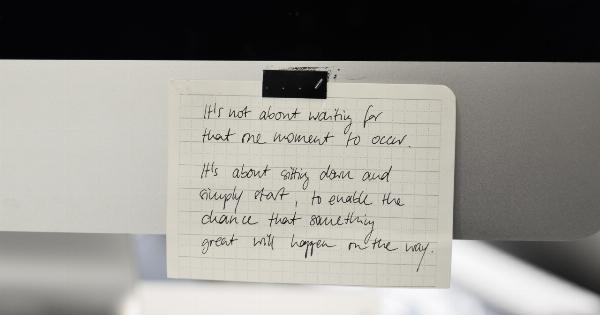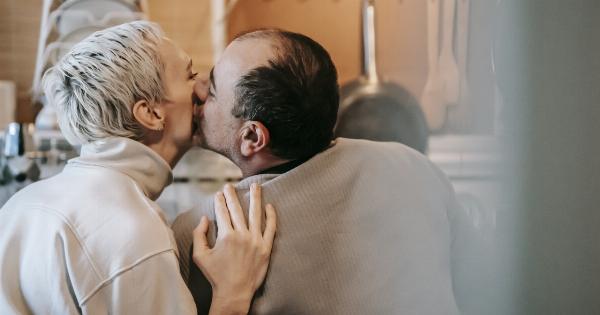Sleep is such an important part of our lives that we spend roughly a third of our time doing it. While we’re sleeping, our bodies are hard at work, repairing and maintaining the complex systems that keep us alive.
One of the most critical of these systems is our DNA, which acts as the blueprint for our bodies and governs everything from the color of our eyes to our susceptibility to diseases.
What is DNA Repair?
Our DNA is under constant attack from environmental toxins, radiation, and other factors that can damage the genetic code. Over time, these mutations can accumulate and cause disease, including cancer.
That’s why our bodies have evolved complex systems to repair DNA damage and keep our genetic material intact.
There are several different pathways for repairing DNA damage, each designed to deal with different types of damage. These include:.
- Nucleotide excision repair
- Base excision repair
- Mismatch repair
- Double-strand break repair
Each of these pathways is essential for maintaining the integrity of our DNA, and mutations in any of these genes can lead to cancer and other diseases.
The Impact of Sleep on DNA Repair
While DNA repair is ongoing throughout the day, it’s during sleep that this process is most efficient. During sleep, the body goes into a state of rest and repair, allowing it to focus on the critical work of maintaining and repairing DNA.
For example, research has shown that during sleep, the body produces more of the proteins needed for DNA repair, such as those involved in nucleotide excision repair and base excision repair.
Additionally, the body’s natural antioxidant systems are more active during sleep, helping to prevent oxidative damage to DNA.
Another critical factor in DNA repair during sleep is the role of the circadian rhythm. This internal biological clock regulates many physiological processes, including DNA repair.
Studies have shown that disruption of the circadian rhythm can lead to altered DNA repair, leading to increased susceptibility to disease.
The Link Between DNA Repair and Aging
As we age, the efficiency of our DNA repair systems naturally declines, leading to an increased risk of disease and degeneration. Experts believe that this decline in DNA repair is one of the key factors contributing to the aging process itself.
One theory is that as our cells age, they become less able to repair DNA damage, leading to a cycle of accumulation that ultimately leads to cell death and tissue damage.
Over time, this damage can contribute to diseases like cancer, neurodegenerative disorders, and cardiovascular disease.
Tips for Improving DNA Repair During Sleep
If you’re looking to optimize your body’s DNA repair systems for better overall health and well-being, there are several things you can do. Here are some tips:.
- Get enough sleep: Experts recommend at least 7-9 hours of sleep per night for optimal health and DNA repair. Make sure you’re prioritizing sleep in your daily routine.
- Create a relaxing sleep environment: Keep your bedroom cool, quiet, and dark to promote restful sleep and better DNA repair.
- Limit exposure to environmental toxins: Avoid exposure to cigarette smoke, pesticides, and other toxic substances which can damage your DNA and make it harder to repair.
- Eat a healthy diet: A diet rich in fruits, vegetables, and whole grains can provide your body with the nutrients it needs for DNA repair.
- Exercise regularly: Regular exercise can help improve DNA repair by reducing inflammation and oxidative stress.
The Bottom Line
Sleep is a critical time for DNA repair, and optimizing your sleep habits can promote better overall health and well-being.
By understanding the importance of DNA repair and taking steps to support this critical process, you can help prevent disease, reduce the effects of aging, and live a longer, healthier life.





























